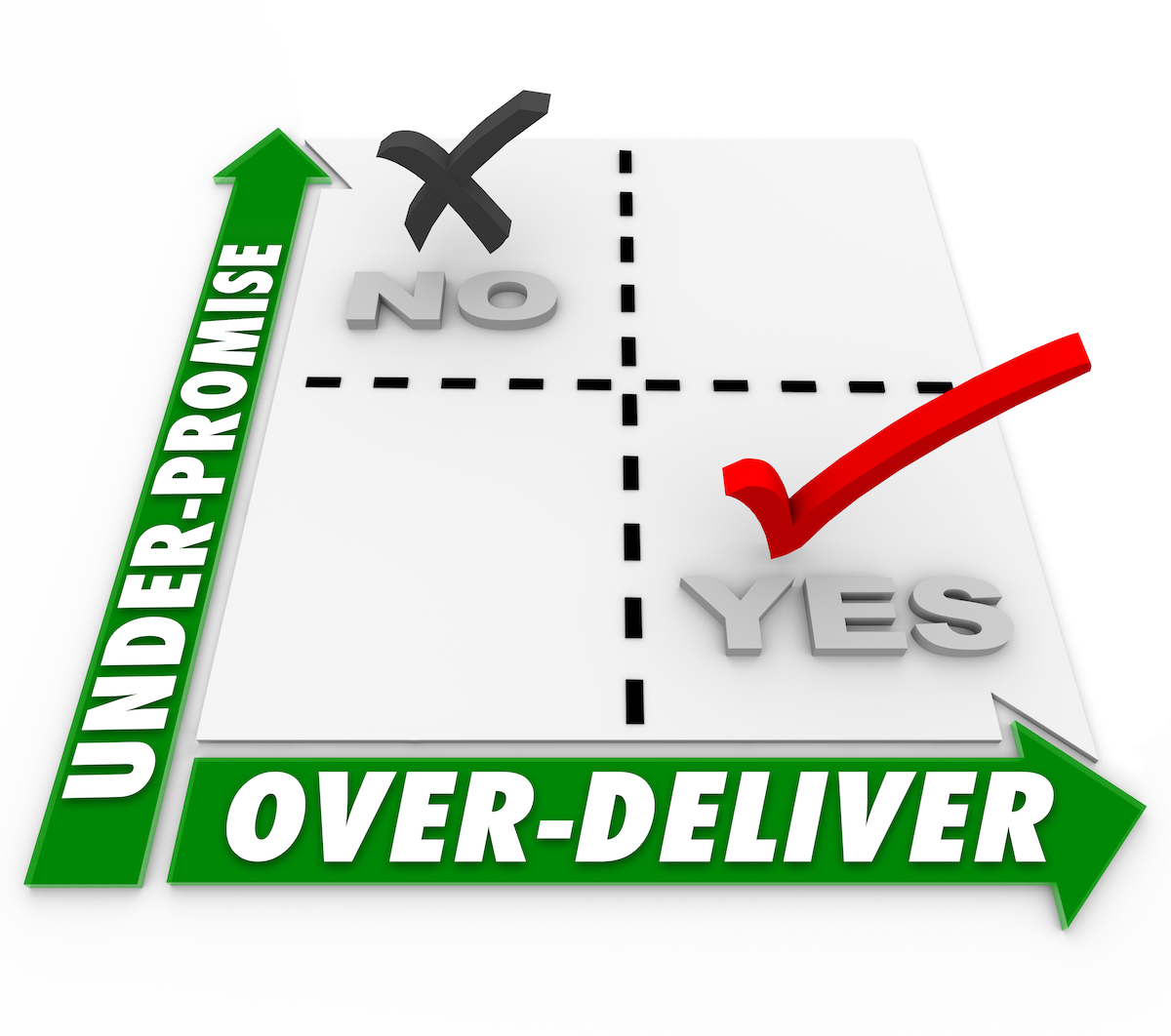Profit is not a Dirty Word
Sales Equals Service
One of the biggest self-limiting beliefs that people have with self-promotion is the thought that “people will think I’m trying to sell them something”.
Let me address that with these simple words…
I should hope so!
If you are Speaker, an Author, or an Entrepreneur and you’ve got a product or service or talent that has value, you deserve to be paid for that value.
In life, money is earned for solving problems.
The more problems you solve, the more money you earn. The bigger the problems to solve the bigger the money you earn.
The more big problems you solve, the more big money you earn.
If you have provided value and service, if you have inspired your audience, and if your audience believes you can help them… then they will invest in you.
They will purchase your product, and consequently, their lives will improve and there will be profit for all.
Profit is a critical part of this process. Profit is the compensation for all the time, effort and study you put into becoming an expert in your field.
Profit is the reward for all the hard work you put into putting the presentation together.
Profit is what enables you to continue changing lives. You can’t continue to help others if you’re too broke to even help yourself.
For me though, profit represents something much more than just dollars and cents. It is an indicator of my effectiveness, and the same will be true for you.
It basically boils down to this…
Sales Equals Service
Here’s Why:
Let’s assume that you have an amazing product or service that solves a specific problem. Let’s also assume that you are in front of an audience that has the problem your product or service solves.
If no one buys it… no one was helped and their problems will continue.
And it would be your fault!
In most cases, the inability of a presenter to sell a service, product or even an idea, boils down to either
Lack of Self Belief or Lack of Skill.
Many of the aspiring speakers and business owners I have worked with, suffer from the number one killer of success, Lack of Self Belief which manifests as a Lack of Confidence.
Confidence is often the missing element when presenting your product or service. A lack of confidence speaks much louder than any well devised presentation. Your audience will notice its presence, or lack of it, instantly and their decision of whether to buy from you or not will be based upon its presence or lack thereof.
A big part of working with our clients at Pro Speaker Academy is to help them get crystal clear about their value and thereby build confidence.
The second most common cause of an inability to sell is caused by a lack of skill. No matter how strong you are in your belief in your product it is equally important to sell with skill. Selling is a learnable skill. It is also a skill that few people are naturally good at. However, once you realize that there is a simple, duplicable system for generating sales, and you take the time to learn and master that system, you will gain the necessary skill to sell your valuable and needed product.
As a double benefit, when you build your skill, your confidence will also build.
The good news is that both of these factors can be improved with the right coaching and training.
It is important to keep in mind that while profit may be the destination for you, it represents the starting point for those listening to you. If you profit, it is only because you have demonstrated to your audience that you have a product of value. You have shown that you have a solution to their problem and are willing to help them achieve their own goals.
I work with Doctors, Lawyers, Wealth Managers, Coaches, Authors, Speakers and Business Owners that have the passion and are terrific at the presentation. They’re even good at promoting their product or service, but stumble at the finish line. “The Sale”
Very often it’s because they’re more worried about what other people will think than the value they have to offer. This is where it is critical to “Own your Greatness” so to speak.
To be a great speaker/promoter, it essential that you tap into that place of service within you that realizes that you do have something of value to offer. You have something that can solve a problem for others and relieve suffering.
Many of the Professionals we have worked with at Pro Speaker Academy have struggled with this. It is why a key part of our coaching revolves around changing the mindset of our speakers.
You can’t control what others think of you, so, there’s no point in worrying about it!
Any negative thoughts your audience may harbor is usually the result of one or two things.
The first, and most common, is their own self-limiting beliefs, which has nothing to do with you. For most of our members that is a major part of what their product solves for their audience.
The second most common reason for those negative audience thoughts is your delivery of a poorly constructed inauthentic presentation that lacks confidence.
Over the past 12 years of working with clients in all industries and professions, I have come to one conclusion, if you fix the second problem, the first one usually disappears on its own.
Always remember that Profit is not a Dirty Word and Sales Equals Service
What’s your best strategy to build up your self-confidence before a promotion? Let me know in the comments. I’d love to hear your thoughts on this subject










